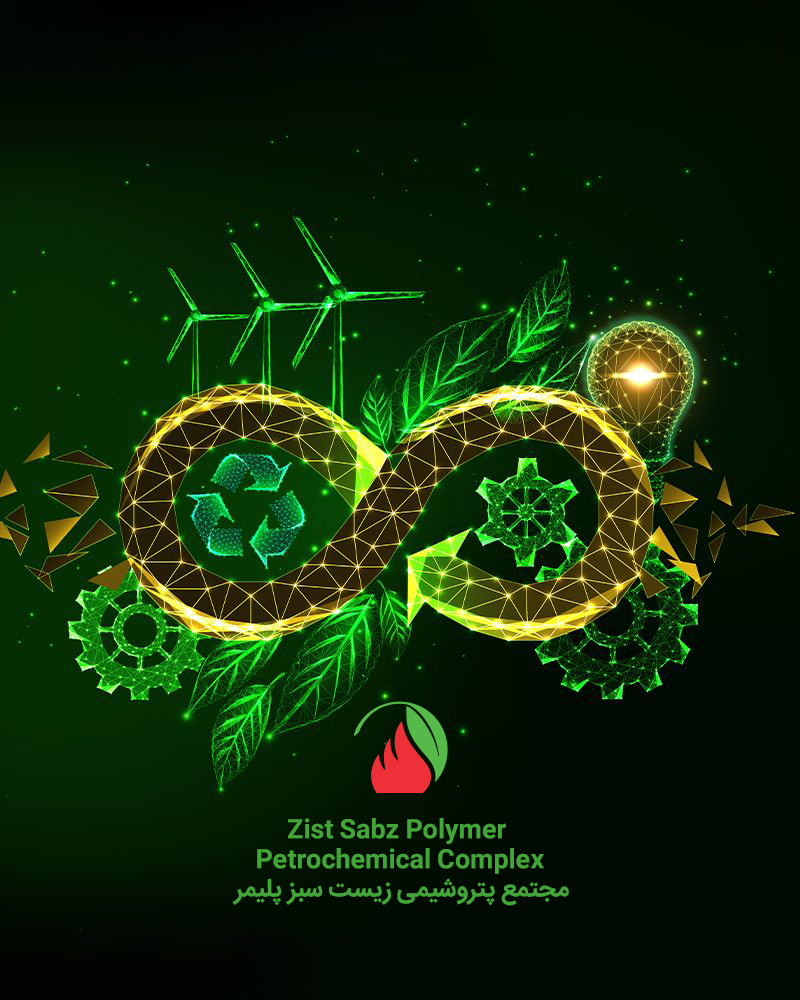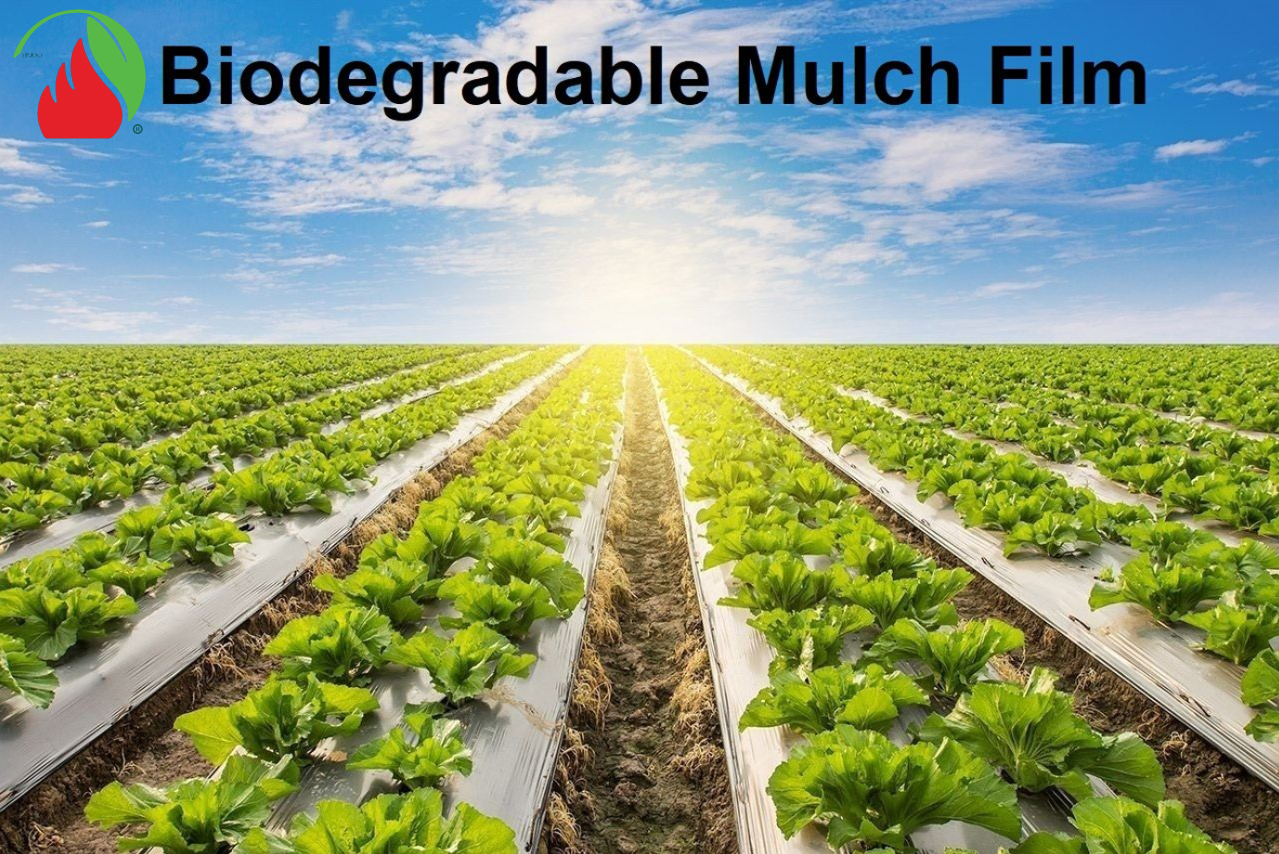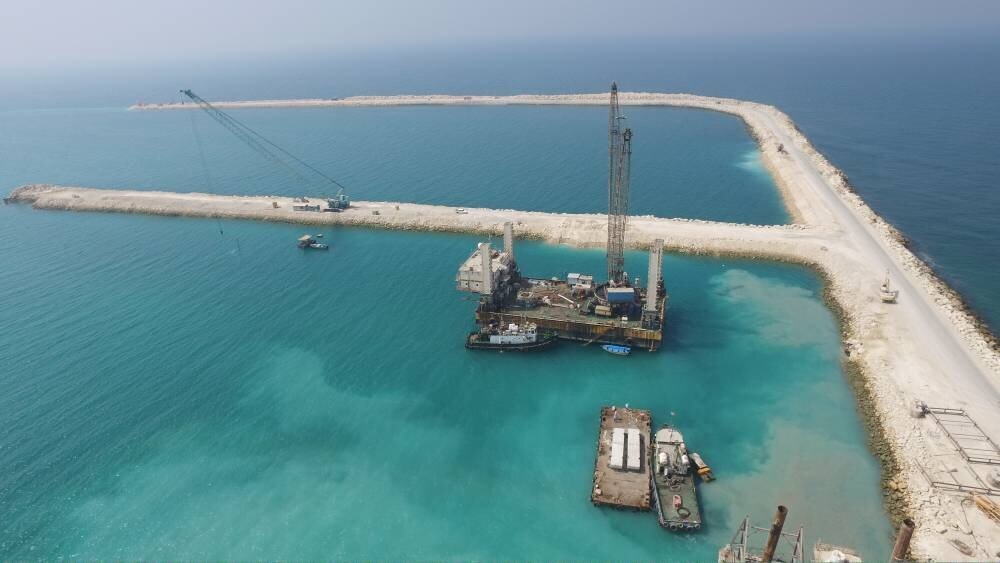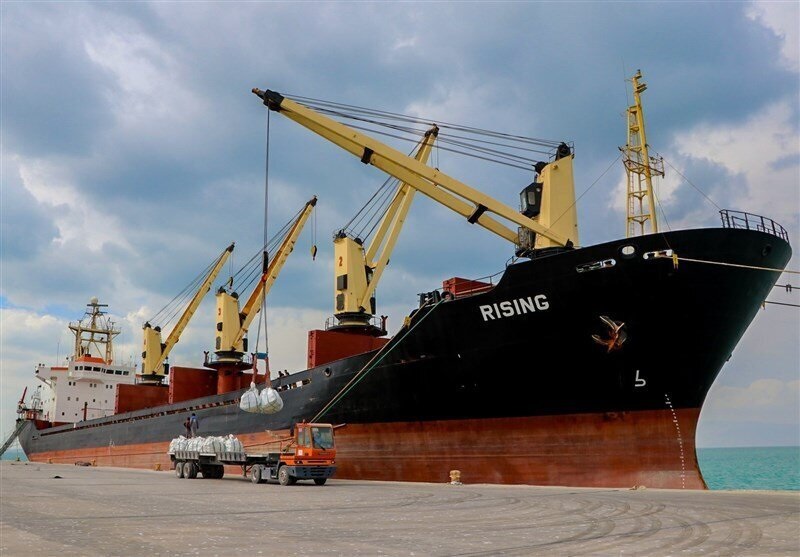Poly (butylene adipate-co-terephthalate) (PBAT) and poly (butylene succinate) (PBS) are polyester materials with excellent biodegradability under soil and compost conditions. However, The research on their degradation process in the marine environment is scarce. In this study, a more realistic simulation marine environment with sediment and marine organisms was developed, followed by investigation of the biodegradation behavior of PBAT and PBS mulch in it.
The effect of aromatic structure, carboxyl end group content, molecular weight, and inorganic fillers on the degeneration of mulch was characterized by the changes in appearance, chemical structure, thermal properties, and crystallinity via Fourier transform infrared spectroscopy, differential scanning calorimetry, thermogravimetric analysis, gel permeation chromatography, element analysis, and X-ray photoelectron spectroscopy.
The molecular weight of polyester blends decreased, while the content of the C-O bond in the composites increased, indicating that the samples indeed degraded. The degradation rate was measured with the CO2 release amount.
The aliphatic polyester structure,lower molecular weight, higher carboxyl end group content, and the involvement of inorganic fillers facilitate the disintegration of polyester in the marine environment, which provides an effective method to construct materials with controllable biodegradable performance.
Plastic pollution is considered a worldwide top environmental problem. Owing to their low-cost, good mechanical performance, and processability, petroleum-based plastics occupy a large portion of plastics used in our daily lives. However, the abandoned plastic waste could take centuries to degrade, which causes a great impact on the environment.
According to estimation, in 2020, 275 metric tons of plastic waste were produced, of which 4.8–12.7 metric tons entered the ocean. If there is no improvement in waste management infrastructure, by 2025, the cumulative amount of plastic waste that potentially enters the ocean from land will increase by an order of magnitude. Moreover, when plastic is used in agricultural mulch and other applications, the plastic film residues in the soil environment is difficult to remove. In recent years, biodegradable materials have been extensively researched to address these above-mentioned issues.
source:







